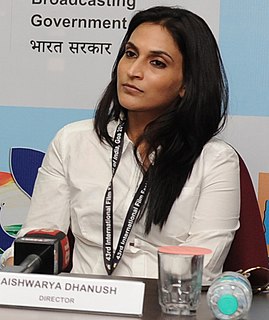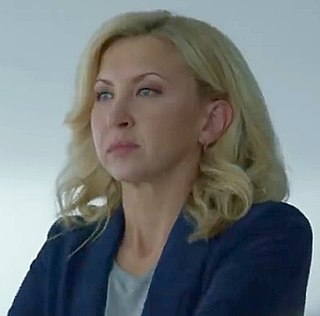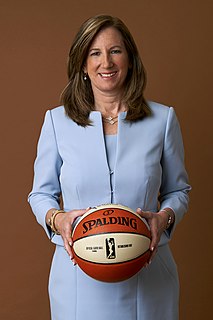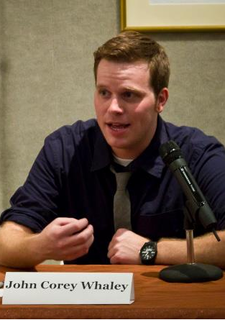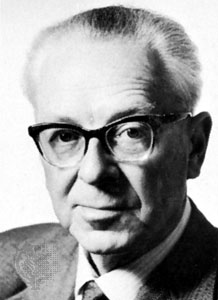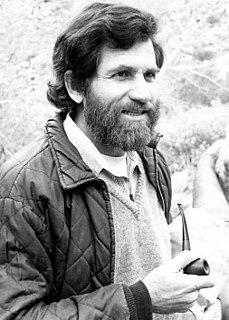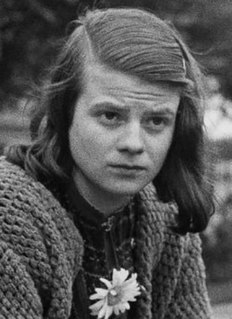A Quote by Aishwarya R. Dhanush
I maintained a diary when I was a child and had all the happenings jotted down.
Quote Topics
Related Quotes
In a faraway land called 'pre-2000,' what Earthlings now call blogging was called 'keeping a diary.' It's hard work to do well. I tried doing it in the early 1990s but had to stop because I no longer had a life - instead I had this thing that generated anecdotes to go into my diary. The diary took over and I had to stop.
I'm so old that when I started keeping a diary they were in actual books, and I think that's one the reasons that I've never written about sex. Because early on you had to worry that someone was going to find your diary, so it's bad enough to be writing like Joan Didion, but writing like Joan Didion about sex acts you'd performed with somebody you had known for 20 minutes, that's a bit worse. So I would write in my diary, "I met J. and we had sex five times last night." But I would never write about what we did.
Until I read Anne Frank's diary, I had found books a literal escape from what could be the harsh reality around me. After I read the diary, I had a fresh way of viewing the both literature and the world. From then on, I found I was impatient with books that were not honest or that were trivial and frivolous.
It was a sunny day, I was carrying a child in a white dress to be christened. The path to the church led up a steep slope, but I held the child in my arms firmly and without faltering. Then suddenly my footing gave way ... I had enough time to put the child down before plunging into the abyss. The child is our idea. In spite of all obstacles it will prevail.
If you sat with a pencil and jotted down all the decisions you've taken in the past week, or, if you could, over your lifetime, you would realize that almost all of them have had asymmetric payoff, with one side carrying a larger consequence than the other. You decide principally based on fragility, not probability. Or to rephrase, You decide principally based on fragility, not so much on True/False.
